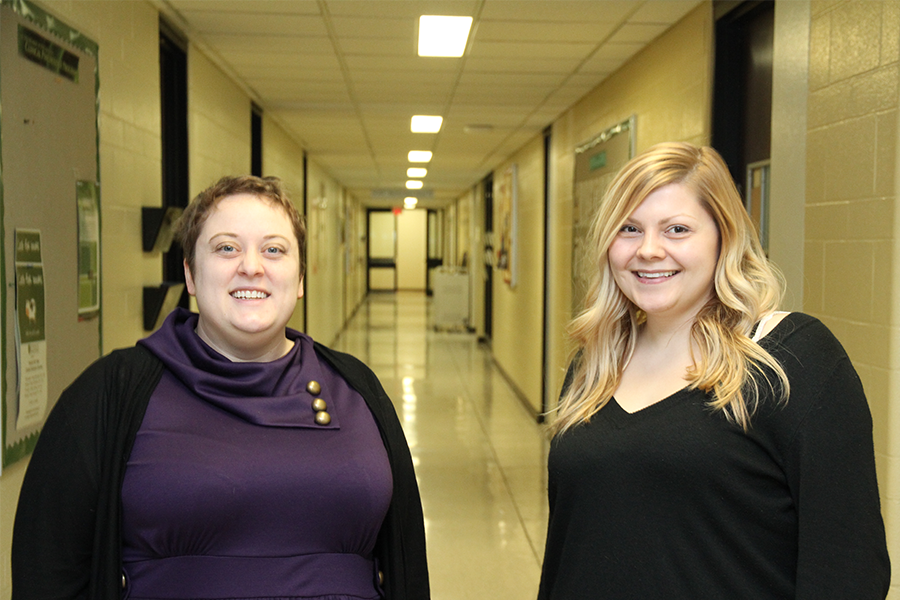With that in mind, childhood stress and trauma— incidents such as child abuse, sexual assault or domestic violence—are areas of the focus for the Stress and Wellness Laboratory, located in the College of Arts and Science.
"Right now we're focused on how families are affected by child trauma," said research lead Jorden Cummings, assistant professor in the Department of Psychology. Her research addresses that gap between the victim and their caregiver, and therapies that can address both those needs.
By way of open-ended interviews, Cummings collects the parental experience of child trauma. "It looks at how their parenting practices may or may not change," she explained, "and what the experience is like for them as a caregiver. Does it influence how they communicate with or discipline their child? What changes and what doesn't?"
Graduate student Jessica Zagrodney is delving in further to explore the gender dynamics between the parents and guardians of child trauma victims. Her research looks at feelings of blame in non-offending parents (that is, they did not perpetrate the child's trauma). A common theme throughout the literature is a negative bias towards women, particularly in sexual abuse cases.
"Historically, mothers are the primary caregiver, who are supposed to be at home with the children while the men are out working," Zagrodney said. "That bias, that we thought was well and done since more women are in the workforce, is still there."
She added that because of the extra time spent with their children, mothers ought to have some sort of covert knowledge or motherly instinct that something bad is happening to their child. "There's the thought that ‘the mother should have known this was happening, she should be able to sense it or see it,' or have some sort of magical ability to foresee this happening."
Another unrealistic source of blame Zagrodney found in her research is the idea of mothers being too trustworthy of their partner or spouse. "They shouldn't have placed that much trust in them or anyone else, for that matter."
Cummings has been working in the area of child trauma for quite some time. She acknowledged that the subject matter can be quite dark at times. "You hear a lot of stories and see how families are impacted," she said. "Nobody wants to experience that."
However, after working through such a hard time, many people view talking about their experience as a positive step. She added that this is especially true in cases where, citing prior isolation and frustration, the interview is the first time they have talked about it.
"They say they wish it never happened, but they find they also talk more openly about negative experiences or emotions, or are closer as a family now."

Shining light on child trauma
Research shows that children who have experienced trauma are at a greater risk for mental health issues down the road. Additionally, parents and guardians of childhood trauma victims are also at an increased risk of distress and anxiety, which can affect how they raise their children.